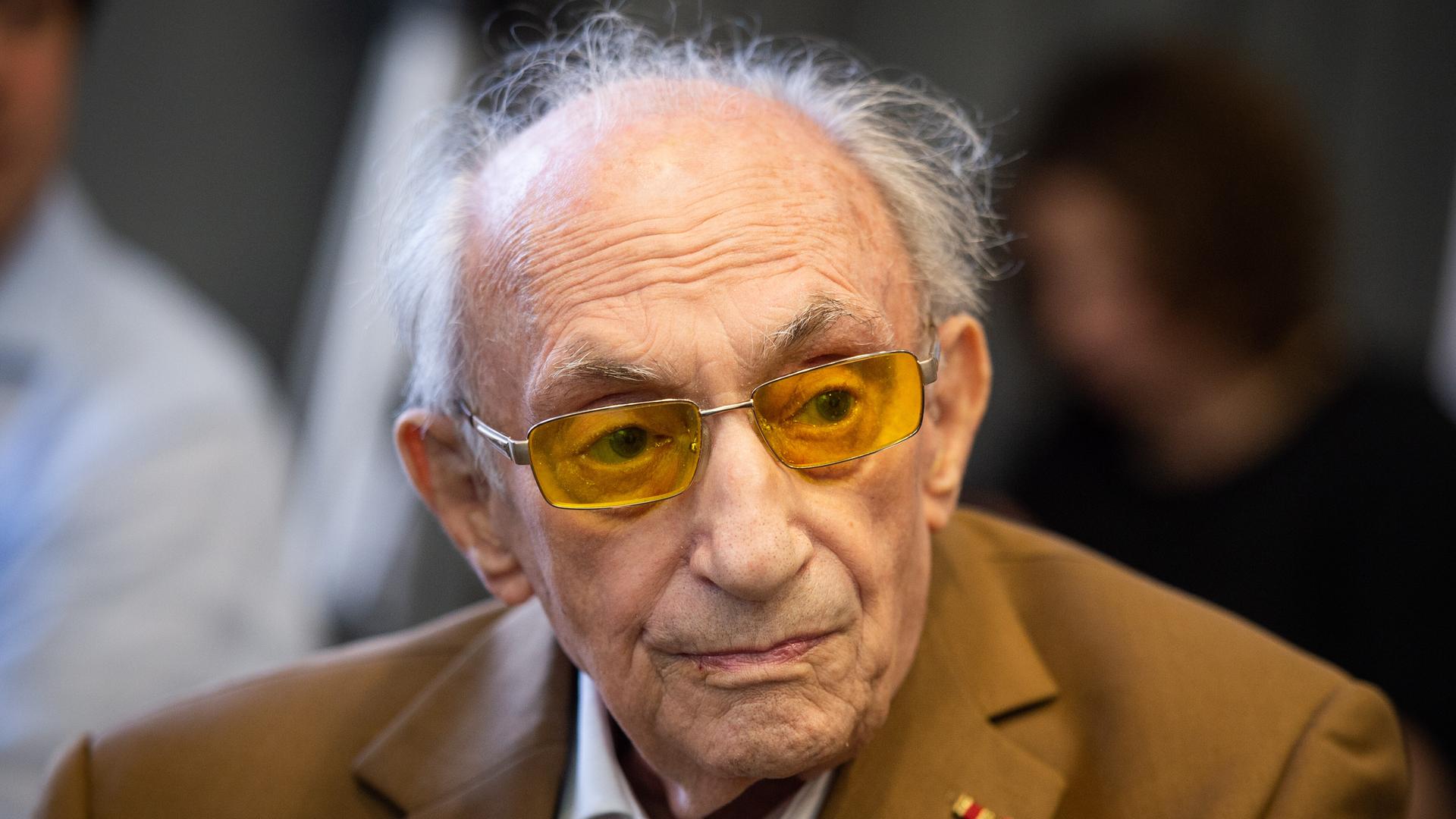Walter Frankenstein: From surviving Nazi's in Berlin to 100, A Holocaust survivor's legacy
The article celebrates the life of a Holocaust survivor who endured unimaginable hardship in Nazi Berlin, sharing his story of resilience and survival to educate future generations. It reflects on his legacy of courage, remembrance, and defiance against antisemitism, highlighting his contributions to preserving the memory of the Holocaust’s atrocities.

Walter Frankenstein, a man who stared down the abyss of the Holocaust and chose to live, to love, and to teach, passed away on April 21, 2025, in Stockholm at the age of 100. His death, confirmed by close friend Klaus Hillenbrand and Berlin’s Holocaust memorial foundation, marks the loss of a towering figure whose life was a testament to Jewish resilience.
Born in 1924 in Flatow, then part of Germany, now Poland, Walter was just a boy when the Nazis’ shadow began to choke his world. By 1936, antisemitism barred him from public school, forcing his mother to send him to Berlin with an uncle’s help. There, in the Jewish Auerbach’sche Orphanage, he met Leonie Rosner, the girl who would become his wife, his partner in survival.
At 14, Walter climbed onto the orphanage roof on November 9, 1938, and watched Kristallnacht unfold. Synagogues burned; glass shattered across Berlin’s streets, glinting like cruel stars. “The next morning,” he recalled in a 2018 AP interview, “there was sparkling, broken glass everywhere.” That night, the Nazis killed 91 Jews, torched over 1400 synagogues, and arrested 30000 Jewish men for concentration camps. It was a glimpse of the horrors to come, horrors Walter would defy.
In 1941, he was conscripted into forced labor in Berlin, each day a gamble against deportation. By 1943, with his newborn son Peter Uri just five weeks old, Walter and Leonie made a vow: “We promised ourselves not to do what Hitler wanted,” he told the AP. They went into hiding, tearing off the yellow stars that branded them.
For 25 months, they survived in bombed out ruins and with brave friends, shielding their baby and, later, their second son, Michael, born in 1944. Of the 7000 Jews who hid in Berlin, only 1700 survived. Walter’s family was among them, their children two of just 25 Jewish children to emerge alive in the city when the Soviets liberated it in 1945.
The Holocaust stole 6 million Jewish lives, reducing Berlin’s Jewish community from 160500 in 1933 to 7000 by war’s end. Yet Walter refused to let it define him. In 1947, he and his family immigrated to British controlled Palestine, helping build what would become Israel.
In 1956, they settled in Sweden, where Walter began anew. But he didn’t turn away from the past. Instead, he carried it, gently, fiercely, into classrooms across Germany and Sweden, speaking to children about the Holocaust’s atrocities and the quiet seeds of hate that grew them. “Antisemitism doesn’t begin with violence,” he’d say. “It starts with silence.”
Walter’s courage wasn’t just in surviving; it was in remembering. He returned to Berlin often, a city that once marked him with a yellow star but, in 2014, honored him with the Order of Merit, Germany’s highest award.
He kept both in a small blue case, the star and the medal, saying, “The first one marked me, the second one honoured me.” That simple act spoke volumes: a man who’d seen humanity’s worst still believed in redemption, in truth. He’d show schoolkids the star, then tell them of the flames, the hiding, the hunger, and the love that carried him through.
His voice was steady, but his eyes held the weight of 6 million ghosts. He loved Hertha Berlin, the soccer club of his youth, sneaking radio broadcasts when Jews were banned from stadiums. In 2018, they made him an honorary member, number 1924, his birth year.
It was a small joy, but Walter cherished it, proof that life could reclaim what hate tried to steal. Even in his final years, he spoke out, warning that the past lingers in silence, in apathy.
His death feels like a wound, but his life was a light. Walter Frankenstein didn’t just survive; he lived boldly, relentlessly, for his family, his people, and the truth.
May his memory be a blessing. May we tell his story forever, along with all the other brave souls who endured the atrocities of the Holocaust. We will never forget.